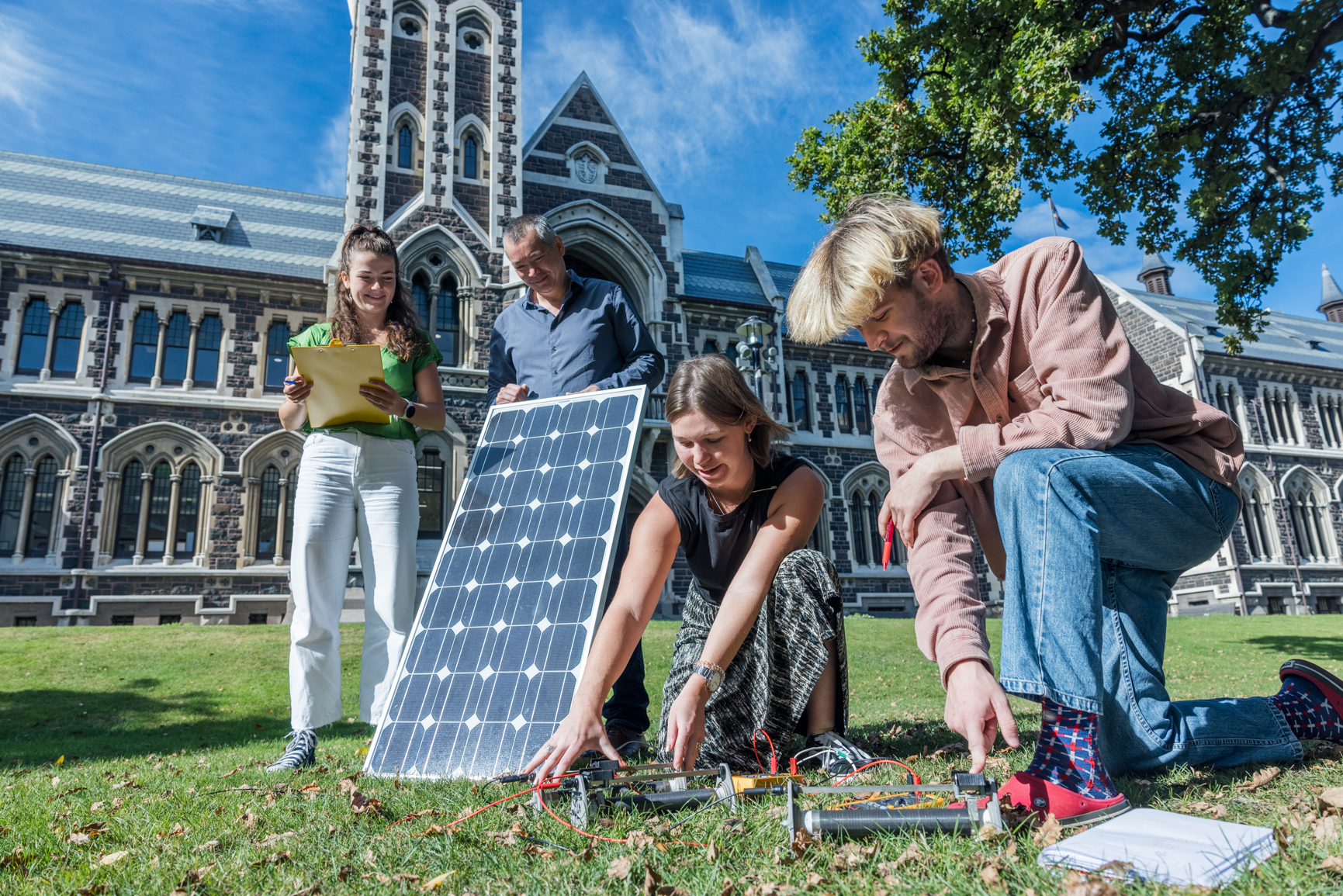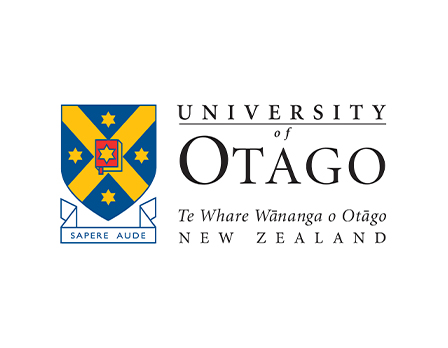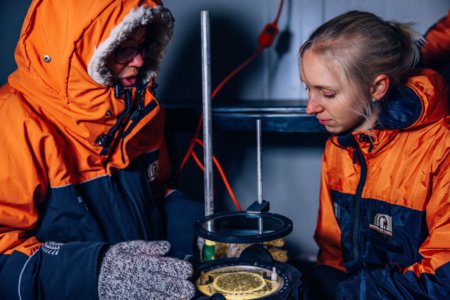Sustainable energy has taken off in New Zealand. Just take a look at how it generates its electricity. More than 85% of it comes from renewable sources, made possible in large part by geographic luck. It is an island nation with mountains, lakes, relatively consistent wind and rainfall, as well as good access to geothermal resources – an ideal natural toolkit for it to achieve net zero emissions of greenhouse gas (GHG) by 2050.
Recognising the urgency for this, the University of Otago is stepping up. It has introduced a new Sustainable Energy programme that will train bright minds to solve issues not just in the country but the world too.
“Otago has had an Energy programme for a number of years,” says Michael Jack, Associate Professor, Director of the Sustainable Energy Programme, and Co-Director of the Otago Energy Research Centre. “This programme has historically focused on managing energy and reducing costs at commercial and industrial sites. The programme has also evolved to consider renewable energy resources and technologies and carbon reduction strategies in addition to its energy efficiency roots.”

The MAppSc in Sustainable Energy is for students who want to upskill for a fulfilling career. Source: University of Otago
Hosted by the Department of Physics, the programme is offered at the undergraduate and postgraduate levels. They provide you with a solid foundation in the core scientific principles behind energy technologies: the laws of thermodynamics and the science of how mass and heat are transferred. This knowledge is then applied in actual industrial and commercial settings to improve energy efficiency, reduce greenhouse gas emissions, and enhance renewable energy sources and technologies.
Such early exposure to real-world environments enables you to effectively apply knowledge and skills. In the “Energy Practice” course, for example, students carry out energy audits of real commercial and industrial sites. “In an energy audit, students visit a site, collect energy data and carry out analysis to thoroughly understand how energy is used at the site. They then develop recommendations for reducing energy use and associated greenhouse gas emissions which they write up in a full industry report,” Jack says.
Postgraduate students get similar experiences. “They carry out an applied research project into a particular area,” Jack says. “Projects range from experimental work developing enhanced heat exchangers to modelling highly renewable microgrids.”
In these practical courses, you collaborate with world-leading researchers whose expertise spans the gamut, from dehumidifiers and heat pumps to renewable electricity systems. And thanks to their links across the energy sector and organisations like the Energy Efficiency and Conservation Authority (EECA), Carbon and Energy Professionals, NZ Product Accelerator, and Ara Ake, you’ll get to connect with and soak up insights from those at the forefront.

There is a growing demand for graduates with specialised knowledge and skills in sustainable energy. Source: University of Otago
Become a leader in sustainable energy
The programme transforms students into future leaders. The curriculum develops an understanding of global and national climate targets and how these goals are fuelling the rapid adoption of renewable energy and energy-saving technologies. It also covers the various stages of technology development and how they connect across energy supply distribution and demand.
“In addition, the fundamental science constrains what is possible with technologies and thus students develop an ability to critically assess the hype or unreliable information often propagated by the media in this area,” Jack adds.
Graduates emerge with the essential ability to cut through the noise and misinformation that often surrounds the energy sector. That’s material that sets them up for a diverse range of managerial and senior roles, from renewable energy adviser and energy efficiency engineer to sustainability adviser and sustainability manager.
For science graduates with minimal understanding of sustainability or renewable energy, the brand new Master of Applied Science (MAppSc) in Sustainable Energy is a sure way to get on track. This programme is designed to upskill graduates so they can find employment in the rapidly growing sustainable energy area. The new programme builds on the existing Sustainable Energy programmes, research, and expertise.
“I decided I wanted to change the focus of my career to renewables, and the master’s degree suited me as it includes both course and research components,” student Vania Oktaviani from Indonesia says. “I want to help people in Indonesia who don’t have easy access to electricity by focusing on opportunities for off-grid small-scale micro hydropower solutions, which have a lot of potential.”
Follow the University of Otago on Facebook, Instagram, LinkedIn, X, and YouTube.













